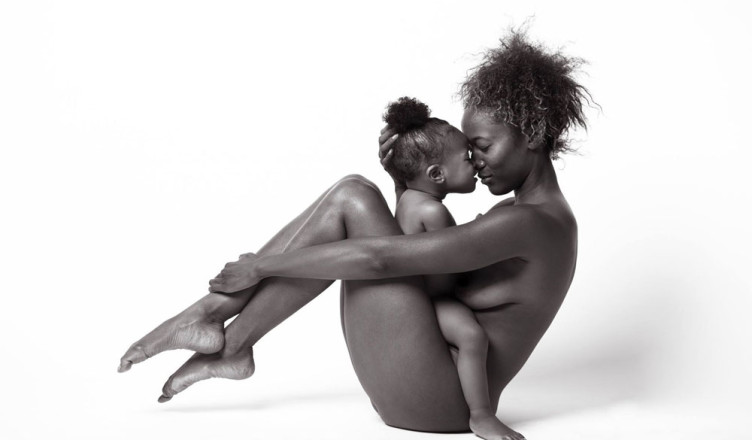On Thursday morning at 4:30 am I woke up to go join a group of lady/women feminists for a Power Walk. The walk started at Lugogo Parking Lot – through Upper Kololo terrace – Prince Charles Drive up Elizabeth Avenue down Hill Lane back to Prince Charles Drive , Ekobo Avenue onto York Terrace , back to Upper Kololo terrace , through Lugogo by pass and ending back at Lugogo Shoprite Parking Lot. It took us about 65 minutes to do that stretch because we were walking and talking. First time to do this – I came as a sponge. Ready to listen & learn as much as I could. We were about 10 ladies ranging from 60 years of age to 25.
The conversations were diverse – but mainly about feminism and women empowerment – what that means today. One of the ladies said – “Are we comfortable with our nakedness – but also do we know how naked we are in public? That bearing of the soul [which is what we do on a daily] of this is who I am” Women give so much – they love to be – in the moment, are able to express and articulate themselves – Is that not nakedness or do we not recognize that? The ability of one to bear their soul.
Another lady went on to share about how when her mother was sick in hospital – she was more ashamed and embarrassed about her nakedness than she was about the pain. As an old mother she was unable to do anything on her own – and to her she thinks the shame having someone clean her and look at her is what killed her faster than her pain. We have been taught how to relate with our bodies – You are not allowed to breast feed in public, You cannot wear this, You cannot wear that, you have small legs You shouldn’t be too thin, nor too plump: Guidelines, Invisible Rules, Trends etc
Nudity over the last couple for weeks now in Uganda – has become one of the most talked about things after Dr Stella Nyanzi chose to speak with her body. Some thought it was vulgar while others thought it was not. The conversation was more about her nudity than it was about the issues raised. Because the society that we live in dictates what can and cannot be said, to whom and when – when it comes to women’s issues.
The concept of who the African woman is and what her place in society is, seems to be already set and defined. And we are very uneasy about changing the status quo, because it turns the limelight onto us and not the issue at hand. This leads me to a conversation that we had this morning in one of the WhatsApp groups that I am in. A friend wrote about the ‘all male panels’ that we see a lot on our TV stations and hear on our Radio stations. [We also have a problem with the all-white panels talking African affairs – but that is a conversation for another day]
And so one of the gentlemen from Kenya then said: Women are not willing to go on shows at 9pm. Most of them will say that they need to be home. According to him, the problem is more societal than it is a creation of the media houses. And we all agreed – it is a socio –cultural issue that will take time to debunk. But that does not in any way give media practitioners an excuse to constitute all male panels. And I see that a lot in Uganda as well. There have been complaints about all male panels. In one of those conversations – I remember a woman sharing about how she had to help her colleague buy dinner for her family so that she could be on an evening show. She was not going to be able to get home in time to cook. And so a colleague from Zimbabwe asked: where was the man? Couldn’t he for just that one time take on dinner for the kids and do something? But you see – society in so many ways doesn’t support that but we will never know why she couldn’t ask her husband to help out.
We have a way in which society will react to people who transgress certain norms. We have set guidelines about what life is all about. When growing up I was told – girls never ride bicycles. If you did, you were referred to as – endeme. The shock of life when I traveled and it was either I ride a bicycle to work or part with 60 euros a month for public transport. And guess what I had to pay the money.
We never ask why are things the way that they are, Or how did we get here? The onus is on us to then to interrogate then try and change how we are perceived in society. And hopefully we shall be able to debunk these socio- cultural trends and have them support women in society.
